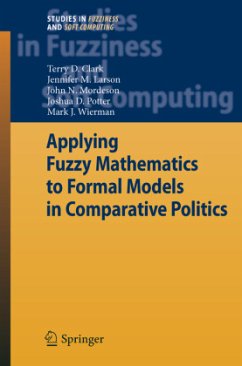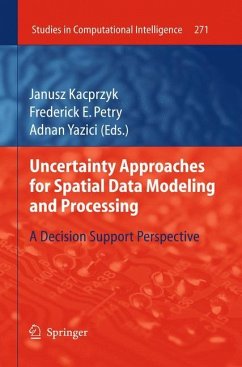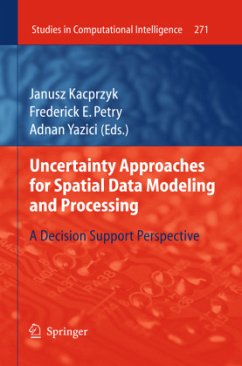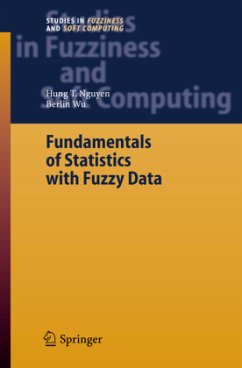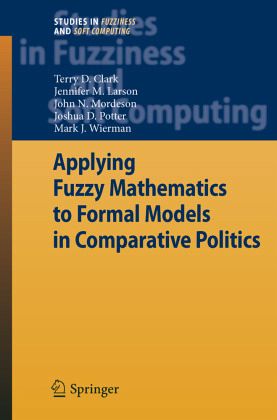
Applying Fuzzy Mathematics to Formal Models in Comparative Politics
Versandkostenfrei!
Versandfertig in 6-10 Tagen
76,99 €
inkl. MwSt.
Weitere Ausgaben:

PAYBACK Punkte
38 °P sammeln!
This book explores the intersection of fuzzy mathematics and the spatial modeling of preferences in political science. Beginning with a critique of conventional modeling approaches predicated on Cantor set theoretical assumptions, the authors outline the potential benefits of a fuzzy approach to the study of ambiguous or uncertain preference profiles. While crisp models assume that ambiguity is a form of confusion emerging from imperfect information about policy options, the authors argue instead that some level of ambiguity is innate in human preferences and social interaction. What fuzzy mat...
This book explores the intersection of fuzzy mathematics and the spatial modeling of preferences in political science. Beginning with a critique of conventional modeling approaches predicated on Cantor set theoretical assumptions, the authors outline the potential benefits of a fuzzy approach to the study of ambiguous or uncertain preference profiles. While crisp models assume that ambiguity is a form of confusion emerging from imperfect information about policy options, the authors argue instead that some level of ambiguity is innate in human preferences and social interaction. What fuzzy mathematics offers the researcher, then, is a precise tool with which he can model the inherently imprecise dimensions of nuanced empirical reality. Moving beyond the limited treatment fuzzy methodologies have received in extant political science literature, this book develops single- and multidimensional models of fuzzy preference landscapes and characterizes the surprisingly high levels of stability that emerge from interactions between players operating within these models. The material presented makes it a good text for a graduate seminar in formal modeling. It is also suitable as an introductory text in fuzzy mathematics for graduate and advanced undergraduate students.





